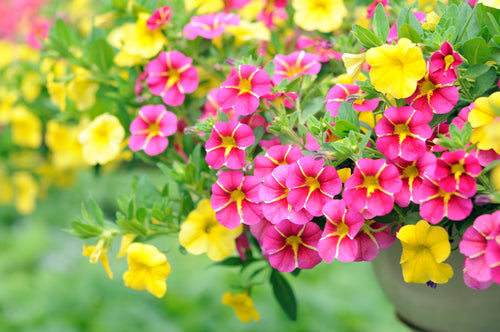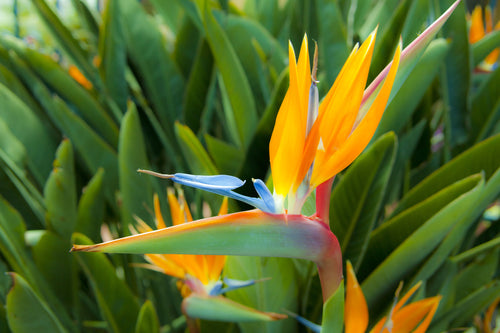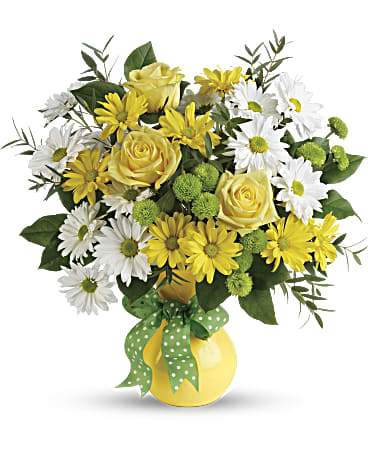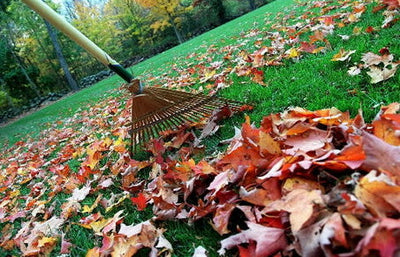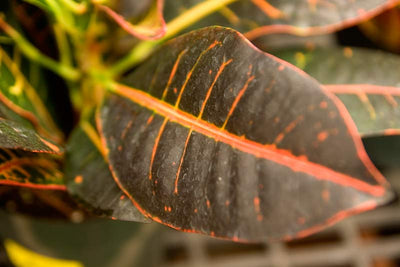We all know this winter has been long and drawn out. You’re probably more than ready to get going on gardening. Be patient and do not work in your planting beds if the soil is wet! Working wet soil causes compaction and closes vital air pockets. The hard work you put into loosening our local clay soil will be ineffective. Wait until you can form a fist around a hand full of soil. Tap the ball of soil, if it crumbles with ease it’s time to get to work!
Remove dead vegetation from planting beds; rake up any matted leaves off your lawns. If beds are mulched over for the winter do not compost or dispose of covering yet, keep it on hand in case of a March freeze or snow storm.
Do a soil test. Our garden center offers some easy to use test kits as well as soil pH meters. We will be happy to interpret the results and suggest the proper amendments. Make sure to let us know the area of the planting beds and what you’re going to grow.
Turn over you’re your compost pile. Compost should be broken down for a year before applications to garden and landscape areas. Spread the finished compost at a depth of 1 to 2 inches. Compost that’s not ready will need a helping hand by adding compost accelerator and ample amounts of water. If you do not have access to compost we highly recommend Back to Nature Cotton Burr composts and blends. These products bear the US Composting Council’s Seal of Testing Assurance. Remember organic content of soil is an ecosystem unto itself. It is truly the heart and soul of healthy soil. www.backtonaturecompost.com
While dormant; prune off deadwood on your trees and shrubs. Avoid pruning during damp or wet weather.
Fertilize conifers with Dr. Earth's Acid Lovers Organic Fertilizer www.drearth.net or Espoma’s Holly Tone. www.espoma.com
Spring-Summer bulbs arrive in our garden center in early March supplied by Netherland Bulb Compamy. Start your dahlias, cannas, and elephant ears inside for earlier flowering. For some great info on bulb growing check out www.digdropdone.com or www.netherlandbulb.com
If powdery mildew was a problem on any of your landscape plants make sure to rake up leaves thoroughly and dispose of them. A blower/ vacuum works great for this chore.
Forsythias in bloom are a good reminder that its time to prune roses and apply pre-emergent crabgrass preventer to your lawn.
The later part of March is a good time to divide and transplant perennials.
Rake up thatch from your lawn and re-seed bare spots. Use a seed starter fertilizer or fertilizer that’s organic. Some conventional fertilizers may burn grass seedlings.



